
Politics
18:46, 07-Nov-2017
Reporter's notebook: Prospects for Trump's upcoming China visit
By Jessica Stone
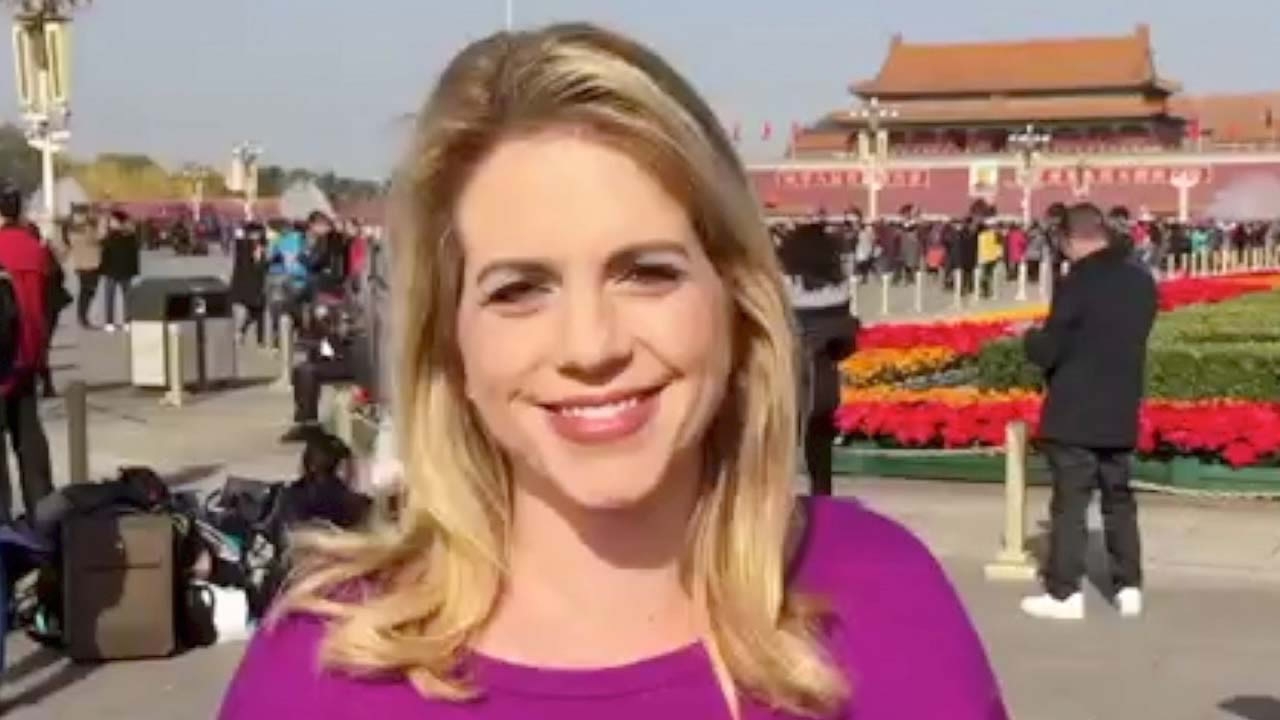
With seven years at the White House for CGTN, this is my third time covering a state visit between a US and Chinese leader, but it’s my first in China.
And there’s one glaring "first" from inside the White House Press Corps bubble: My American journalist colleagues actually followed the recent CPC National Congress!
They see its outcome as an indication of President Xi Jinping’s strengthened negotiating position going into this state visit with US President Donald Trump.
Now, US journalists like to tell stories with winners and losers. Usually the winner is American, but increasingly, I’m watching Western journalists pen articles – picking China as the winner.
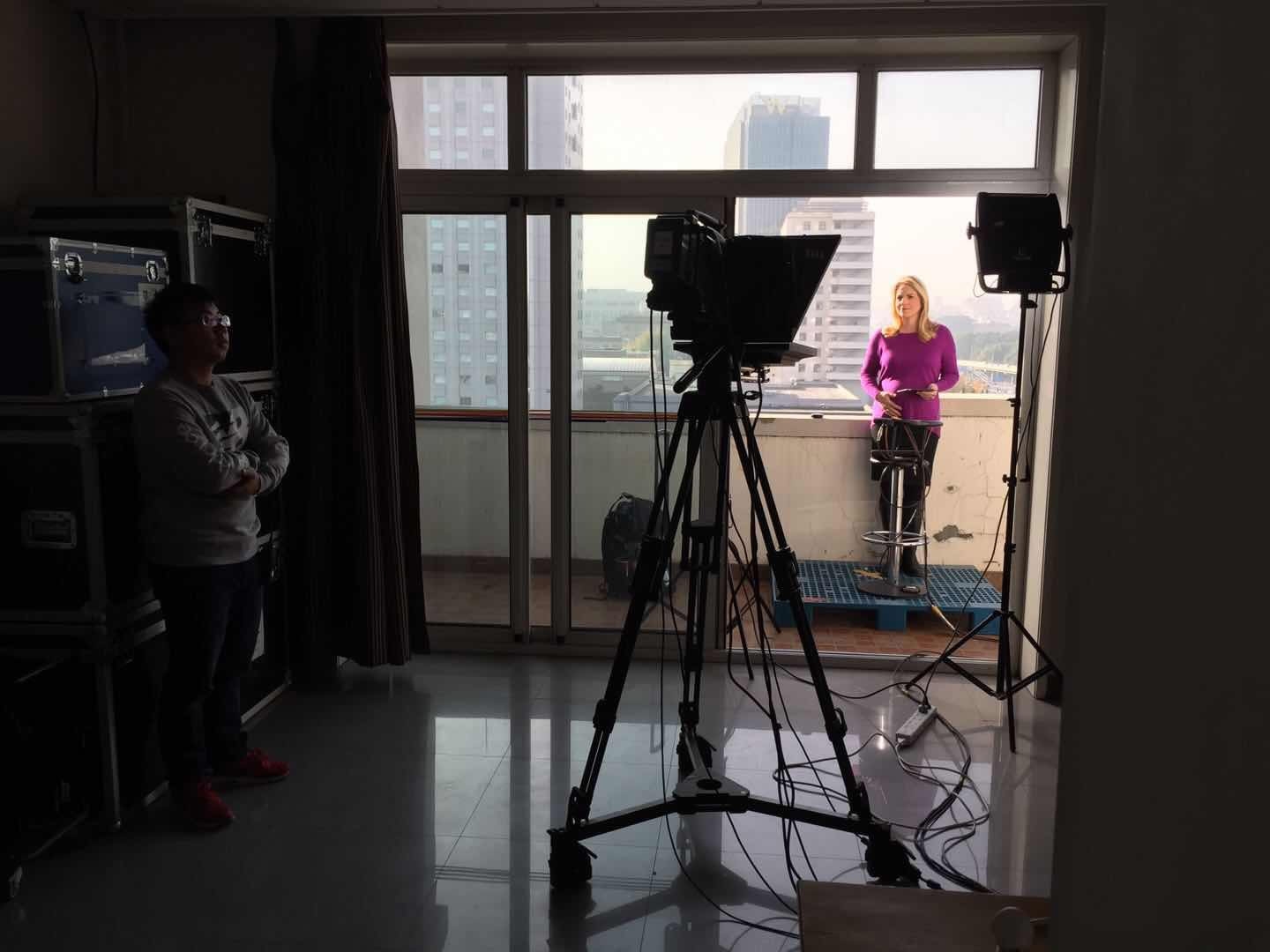
Jessica Stone, CGTN's White House correspondent. /CGTN Photo
Jessica Stone, CGTN's White House correspondent. /CGTN Photo
And it’s changing the questions at briefings with White House officials. Case in point - this exchange at a background briefing over the weekend on the US president’s Asia trip.
The pool report reads: "Mr. Trump denied being at a disadvantage when reporters noted on Sunday that Mr. Xi was in a particularly powerful position."
"Excuse me, so am I," Mr. Trump said, citing stock market gains and low unemployment in the United States, and asserting that "ISIS (ISIL) is virtually defeated in the Middle East."
But for a man like Donald Trump, who won his country’s top leadership position with a message that only he could get the American people a better deal – isn't that a key question?
Will President Trump? Or will President Xi? Or will both leaders – as my Chinese colleagues are bound to ask — find a mutually beneficial agreement for both sides?
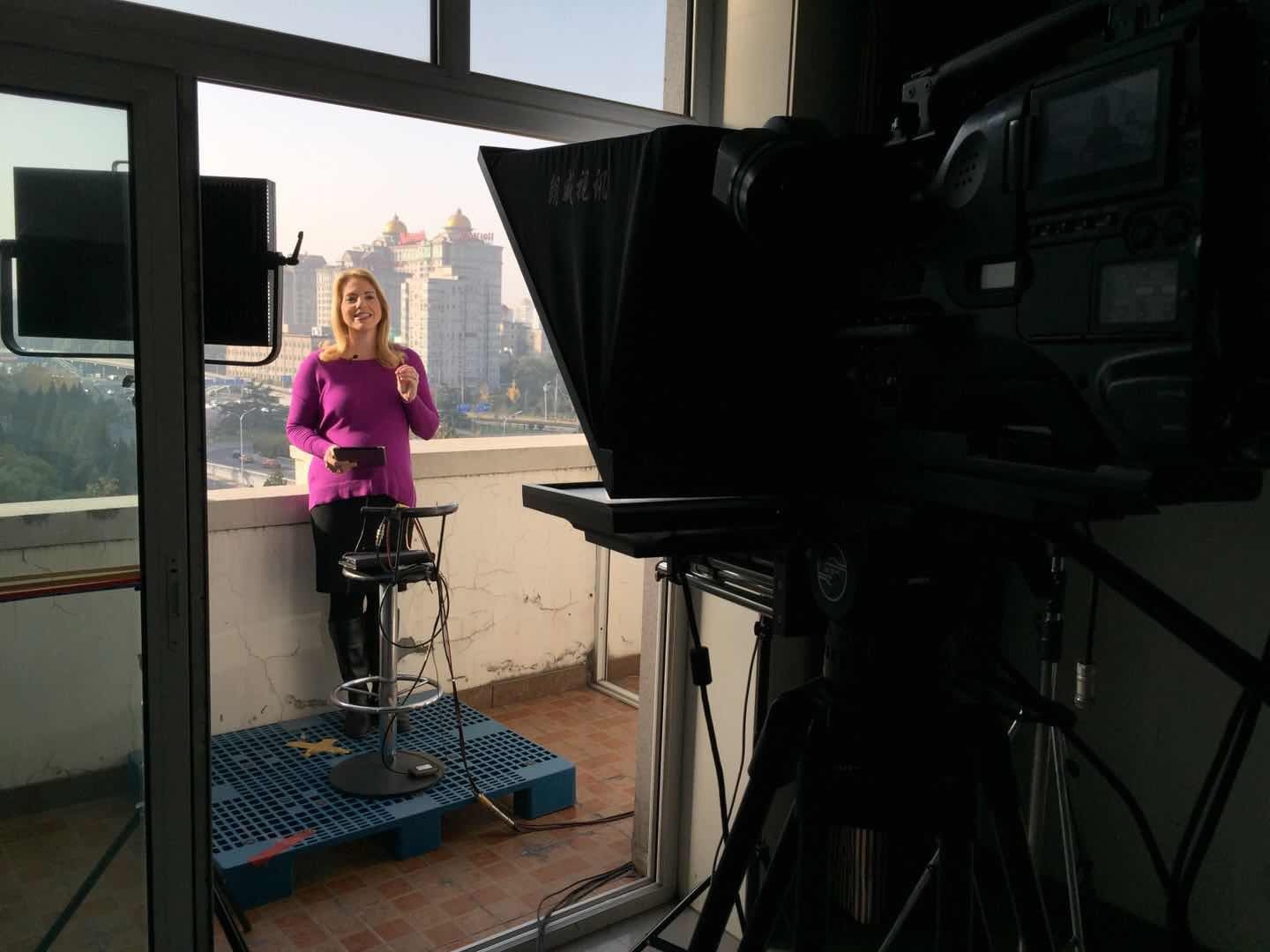
Jessica Stone, CGTN's White House correspondent. /CGTN Photo
Jessica Stone, CGTN's White House correspondent. /CGTN Photo
Donald Trump’s Asia-Pacific tour
The White House says Trump's Asia-Pacific tour will be the longest trip to Asia by an American president in a quarter century. It will also be a trip of many firsts for the US leader.
According to Chinese Ambassador to the US Cui Tiankai, Trump will be the first foreign head of state to meet with President Xi since the conclusion of the 19th CPC National Congress. The trip will be Trump’s first state visit to China. US National Security Advisor H.R. McMaster told CGTN America’s Wang Guan that Xi’s elevated position gives Washington hope of reaching greater agreements on trade and Pyongyang’s nuclear weapons program.
In Beijing, Trump and Xi will build on what both sides describe as their "close personal relationship" which began at Mar-a-Lago summit in April.
"We will make sure that the two presidents will have sufficient time to have this top-level strategic conversation between them, because we believe this is extremely important for the development of bilateral relations," Cui told reporters
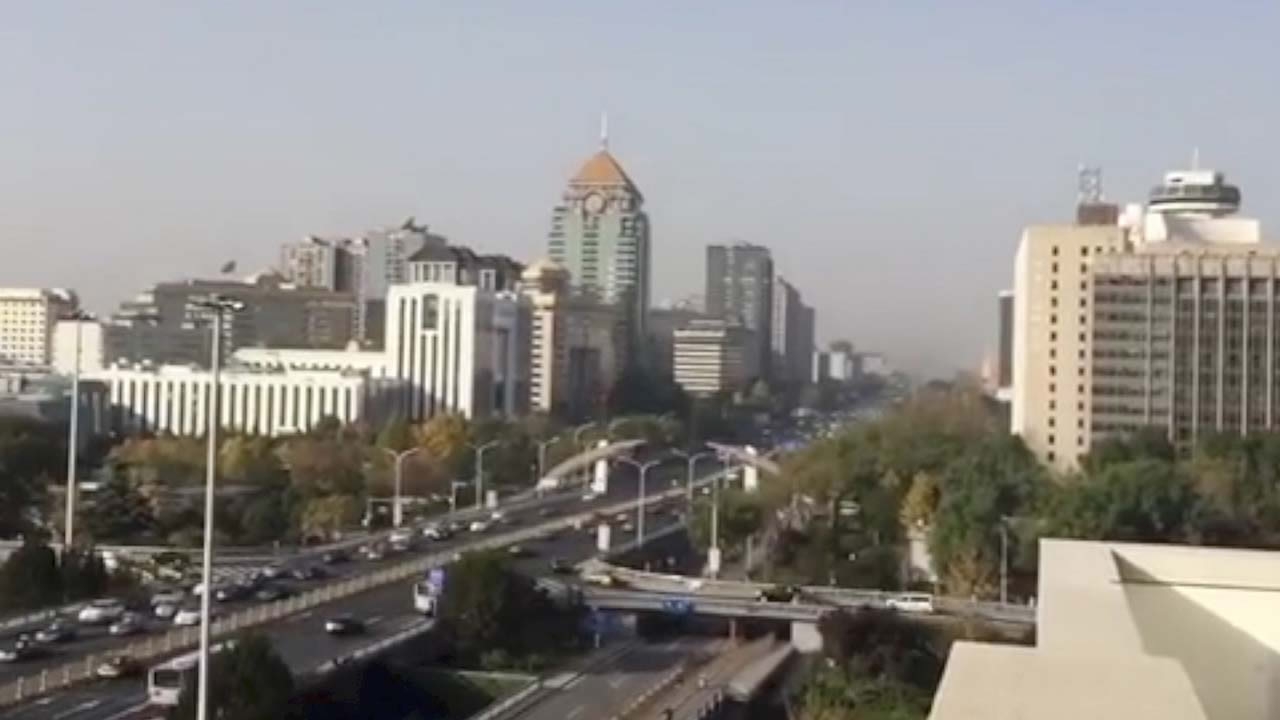
The focus of their talks, say White House aides, will be bilateral trade as well as the DPRK’s nuclear threat.
"China is definitely doing more. But it’s obviously not enough until all of us see denuclearization of the peninsula," McMaster told White House reporters during a briefing ahead of the trip.
Cui notes that Washington has a role to play as well. "This issue cannot be solved by China itself," he said. "If only China is making its best efforts and others are doing things that could lead to escalation of tension, this issue will not be solved."
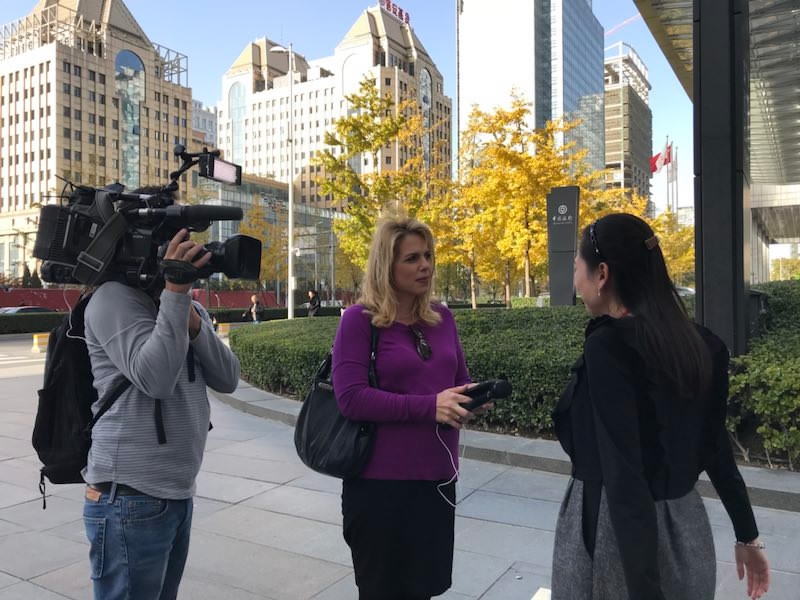
Jessica Stone (C), CGTN's White House correspondent. /CGTN Photo
Jessica Stone (C), CGTN's White House correspondent. /CGTN Photo
For its part, Beijing is looking for a framework to characterize US-China relations. When asked by CGTN America’s Wang Guan if the Trump administration has a unified China policy, McMaster said, "The comprehensive policy towards China would be to identify areas where we can cooperate effectively on areas of mutual interest and concern." McMaster admitted though, "We’re not always on the same page, as you noticed."
Jessica Stone is CGTN's White House correspondent.

SITEMAP
Copyright © 2018 CGTN. Beijing ICP prepared NO.16065310-3
Copyright © 2018 CGTN. Beijing ICP prepared NO.16065310-3